Alcohol Does Dehydrate You Heres What to Do About It
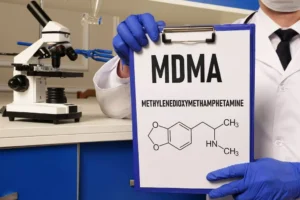
Alcohol impacts our cognition, mood, balance (ever had drug addiction a few too many and seen the world spinning?), speech and many other aspects of our physiology. Despite alcohol’s historic worldwide popularity, we’re still largely unsure of exactly how it has these effects. Drinking on an empty stomach can cause other long-term damage, particularly to the liver. Your liver is responsible for metabolizing alcohol, and heavy drinking over long periods can lead to irreversible damage. “Alcohol is first broken down in the stomach, promoting an increase in digestive juices,” says Gomer.
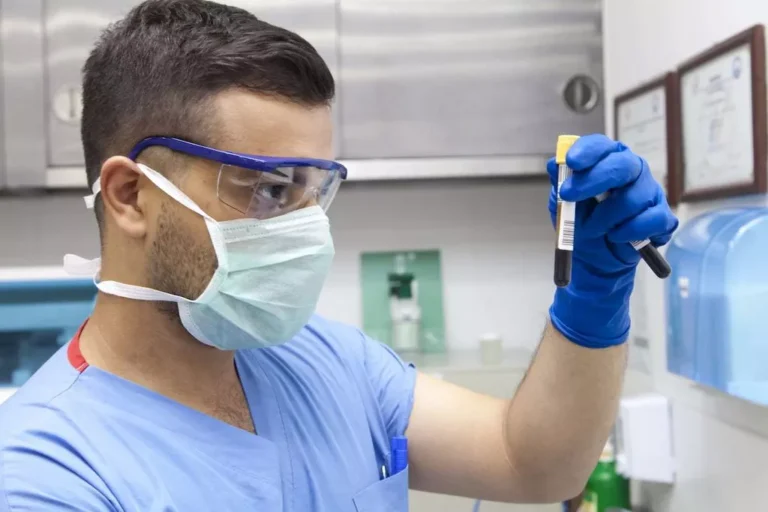
Slows Down Your Weight-Loss Process
Alcohol can also significantly influence appetite and food choices. Some studies suggest that alcohol consumption can stimulate appetite and lead to an increased intake of food, contributing to a surplus of calories. Additionally, alcohol lowers inhibitions and can result in less healthy food choices, leading individuals to opt for high-fat, high-sugar foods instead of nutrient-dense meals. This doesn’t mean that every beer you drink leads to net dehydration.
What Is Dehydration?
These will help replenish your body’s water supply, as well as provide vitamins and minerals that can help fend off conditions like heart disease and cancer. Alcohols like whiskey and brandy have high levels of congeners, including tannins and acetaldehyde. These might lead to dehydration more quickly, according to a 2010 study 8 9.
Do Some Drinks Cause Dehydration?
Alcohol is a diuretic because it suppresses the release of vasopressin, also known as antidiuretic hormone. When vasopressin is suppressed, you lose fluids by peeing more, which leads to dehydration. Excessive urination from drinking alcohol causes your body to lose electrolytes, which are important minerals involved in many bodily functions, including nervous system function (4). If you don’t feel better from drinking plain water, try adding an electrolyte mix to water or drinking a low-sugar sports drink that contains electrolytes. Alcohol’s diuretic effects mean it’s difficult to avoid experiencing some level of dehydration from drinking.
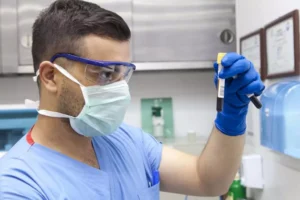
Does Weed Make You Dehydrated?
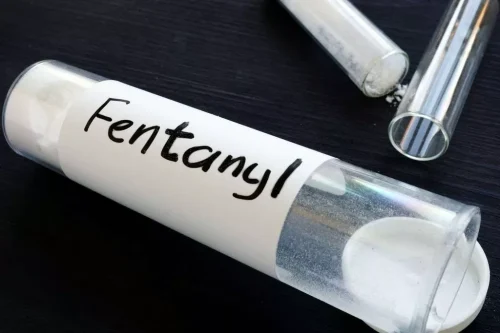
According to a small study in 11 men, consuming beer with can beer dehydrate you a 5% alcohol content after exercise increased urine output significantly more than consuming a sports drink did (10). A small study in 10 people found that consuming 537 mg of caffeine, or about 6 cups of coffee, significantly increased urine production. Meanwhile, consuming 269 mg of caffeine, or about 3 cups of coffee, didn’t affect fluid balance (3, 4). Between your Thursday night wine and your Saturday night cocktail, you have a fairly good sense of what kind of hangover you’re in for on Friday and Sunday mornings.
- Alcohol dehydrates you because it causes the body to urinate more frequently.
- While mild dehydration isn’t anything to worry about and can quickly be remedied by drinking water, moderate or severe dehydration can impair critical physiological functions.
- Here’s what they found, ranked from most hydrating over a four-hour period to least.
- Understanding these impacts can help us make more informed decisions about our alcohol consumption, particularly when it comes to maintaining a balanced diet and optimizing physical performance.
- Worst-case scenarios include seizures (caused by lack of electrolytes) and kidney failure.
- So if you drink 200 millilitres of beer, the end result is 200 millilitres of water.
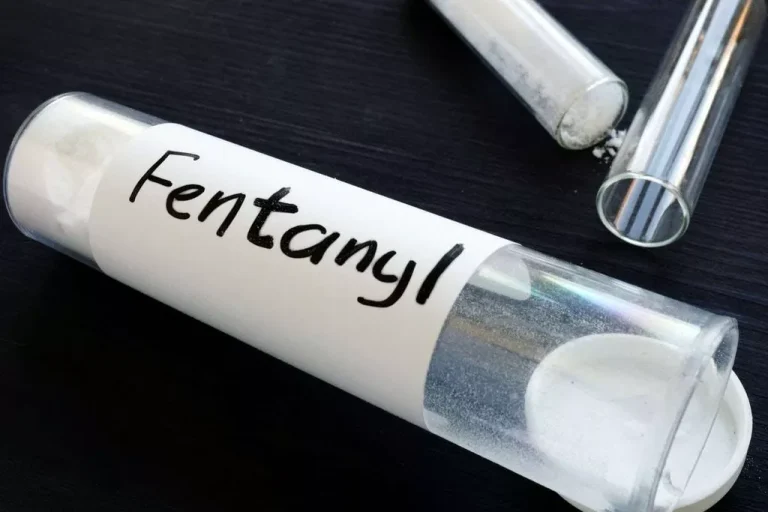
So if you’re drinking 3.1 Starbuck Veranda Blend coffees, which contain 360 milligrams of caffeine in the Grande size, then you might be dehydrating yourself. Furthermore, the Cleveland Clinic lists craving sugar as a sign of dehydration. This can lead to drinking more soda and making your hydration issues even worse. One silver lining is that it appears diet soda does not have the same dehydrating effects. Still, you should consume artificially sweetened soda in moderation because of its other potential health risks. The main reason soda can cause dehydration appears to be the sugar.
- So if you drink beer moderately and make sure to drink water as well during the day, that may help you avoid dehydration—which is known to be a contributing factor to the morning-after hangover, per the NIAAA.
- Our seven-part guide will help you ease into a healthy routine, backed by experts.
- Alcohol by volume (ABV) is used to compare the alcohol content of different drinks.
- After a night of drinking it’s important to make sure you rehydrate.
Comforting Books on Loss and Grief
And, of course, always check the expiration date to use as a starting point of reference. Harris-Pincus adds that some chronic medications, most notably antidepressants, blood pressure medications, and laxatives, may also exacerbate dehydration symptoms. So if you must take them at night, be sure to hydrate more often and in larger quantities to maintain your hydration balance. To prevent this, try having a hydrating, low-sodium snack at night instead.
